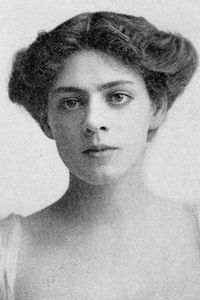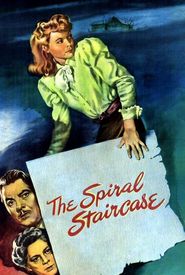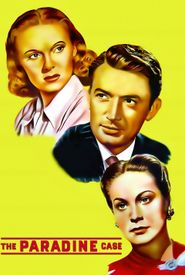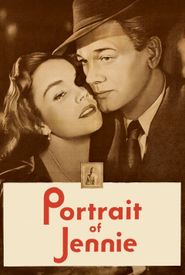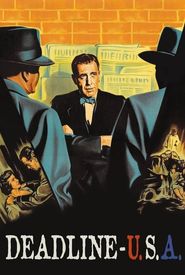Ethel Barrymore was born into a family of actors, with her parents Maurice and Georgiana Drew being members of Augustin Daly's company in New York. Her parents met while acting in the same company, and both were part of the mid-Victorian theater scene in America and England.
Ethel's older brother Lionel began acting early, but she initially planned to become a concert pianist after completing her traditional girl's schooling. However, the lure of the stage proved too strong, and she made her debut as a stage actress during the New York City season of 1894.
Her youthful stage presence, strikingly pretty face, and large dark eyes captivated audiences, and her natural talent and distinctive voice reinforced her physical presence. She went on to appear on the London stage with Henry Irving in "The Bells" and "Peter the Great", and later returned to New York to star in the Clyde Fitch play "Captain Jinks of the Horse Marines".
Ethel's popularity as a warm and charismatic star of American stage was cemented with lead roles in "A Doll's House", "Alice By the Fire", "Mid-Channel", and "Trelawney of the Wells". She married stockbroker Russell Griswold Colt in 1909 and gave birth to three children while continuing her acting career.
Although the stage was her first love, Ethel did heed the call of the silver screen, making her film debut in "The Nightingale" in 1914. She went on to appear in numerous films throughout the 1920s, including "Declassee", "Romeo and Juliet", "The Second Mrs. Tanqueray", and "The Constant Wife".
Ethel was also a prominent figure in the actors' strike of 1919 and was a bedrock supporter of the Actors Equity Association. By the 1930s, she was entering middle age, and her movie roles reflected this, with her playing elderly mothers and grandmothers, dowager ladies, and spinster aunts.
After a hiatus from Hollywood, Ethel moved to Southern California in 1940 and continued to work in film and television, receiving an Oscar for Best Actress in a supporting role for her performance in "None But the Lonely Heart" in 1944. She went on to appear in numerous films throughout the 1950s, including "The Farmer's Daughter", "Portrait of Jennie", and "The Corn is Green".
Ethel's book "Memories, An Autobiography" was published in 1955, and a theater named for her was dedicated in New York in 1928. She passed away in 1959 and was interred near her brothers at Calvary Cemetery in East Los Angeles.
